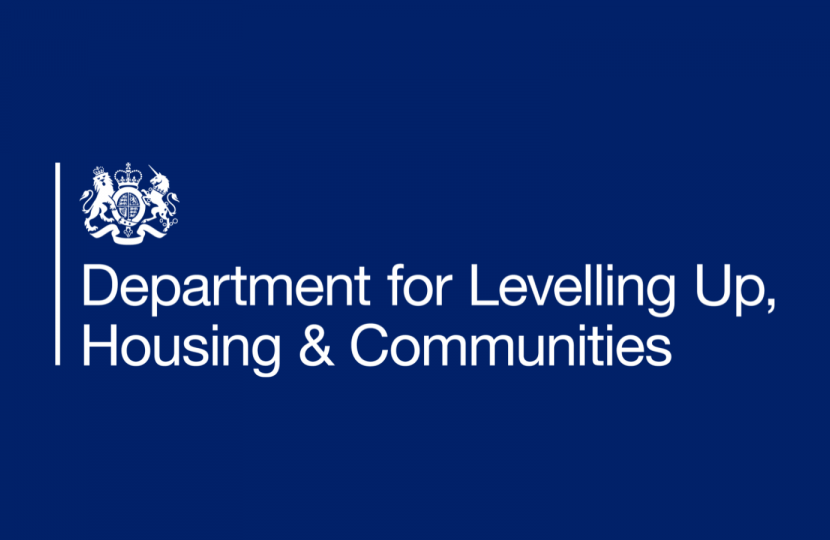
Housing Secretary Michael Gove is urging social housing tenants to complain about substandard housing today (6 March 2023), spearheading the launch of the government’s ‘Make Things Right’ advertising campaign.
Residents are being encouraged to make their voices heard by making a complaint to their landlord in the first instance and then escalating to the Housing Ombudsman if they are unhappy with the landlord’s final response.
This follows decisive action to protect tenants in social housing, including time limits for landlords to investigate and fix damp and mould under Awaab’s Law and mandatory qualifications for social housing managers to make sure residents receive a quality service.
The national campaign will see advertisements using images of black mould and leaking ceilings run across social media platforms including neighbourhood app NextDoor, and on radio stations and streaming platforms like Spotify in over 6 languages.
The campaign will also fund training in 2 pilot areas – London and the North West – so they can support more residents who have problems in their homes.
View the ‘Make Things Right’ campaign website
The Housing Secretary has also today demanded answers from Lambeth Council about its failure to handle complaints, following a severe maladministration finding from the Housing Ombudsman earlier this month calling for radical improvements on damp and mould and complaint handling. This comes a year after the publication of a special report into Lambeth following numerous complaint handling failure orders.
Housing Secretary Michael Gove said:
Too many social housing tenants are being let down and ignored. This government is determined to stand up for them and give them a proper voice. They deserve a decent, safe and secure home, just like everybody else.
So we are shining a light on rogue landlords that ignore their tenants time and again and allow families to live in disrepair.
This campaign will make sure tenants know their rights and how to make a complaint – giving them the confidence to go to the Ombudsman and ensure action is taken.
Social housing campaigner Kwajo Tweneboa said:
What we’ve learnt is that social housing in the UK is far from where it should be, and tenants have been monumentally let down whilst enduring terrible living conditions.
It’s clear things must change, this campaign is the start of that. The campaign makes clear that disrepair issues from damp and mould to collapsed ceilings must be fixed. Tenants have a right to complain and be listened to, treated with dignity, fairness and respect but most of all live in a house they can call a home.
Findings from the government’s social housing resident panel – bringing together over 200 residents across the country – found 65% of members said their experiences of raising complaints with their landlord had been unsatisfactory. Some of the key issues residents raised include:
- the time taken for complaints to be addressed and resolved
- disrespectful conduct, lack of communication, or inaccuracy of information experienced during previous complaints process
- lack of repercussions for landlords if residents are not taken seriously or complaints are not resolved satisfactorily
- burden and complexity of the complaints process
Almost a third of all social renters considered making a complaint in 2020-21, but 27% chose not to because they thought nothing would be done in response, according to figures from the English Housing Survey.
Since October, it has been quicker and easier for residents to take complaints directly to the Housing Ombudsman, after the requirement for people to go to their MP or local councillor first and wait 8 weeks after completing the landlord’s process was removed.
The government continues to take decisive action to protect tenants in social housing. The landmark Social Housing (Regulation) Bill will strengthen the powers of the Regulator – allowing it to enter properties with only 48 hours’ notice, make emergency repairs with landlords footing the bill and issue unlimited fines to failing landlords.
Housing Ombudsman Richard Blakeway said:
Effective complaint handling starts with landlords getting things right first time. If and when things do go wrong, landlords must fix the issue, apologise, offer appropriate compensation, and show they have learnt from those errors.
If that doesn’t happen then residents can take their complaint to us at the Housing Ombudsman. We’re free, independent and impartial in order to help residents and landlords find a resolution to their complaint.

